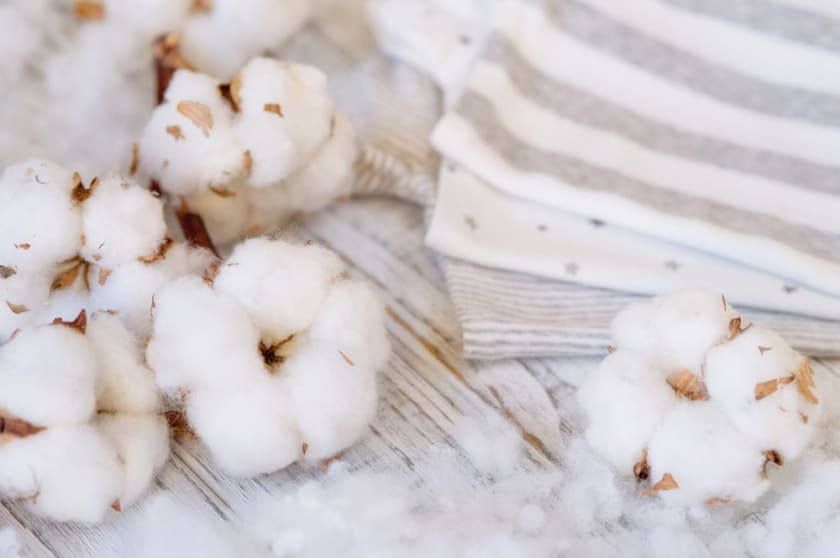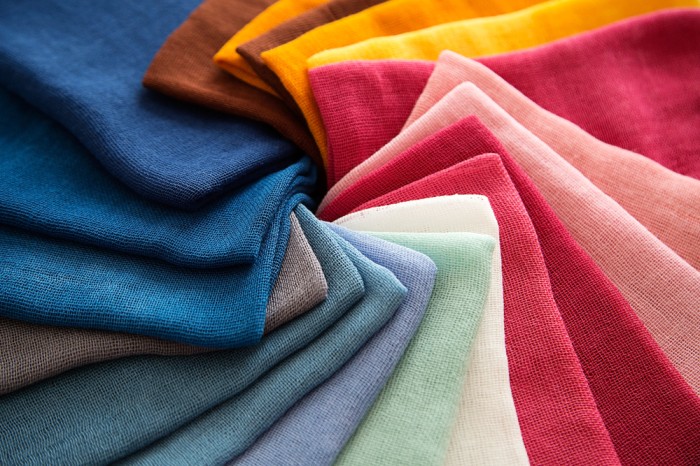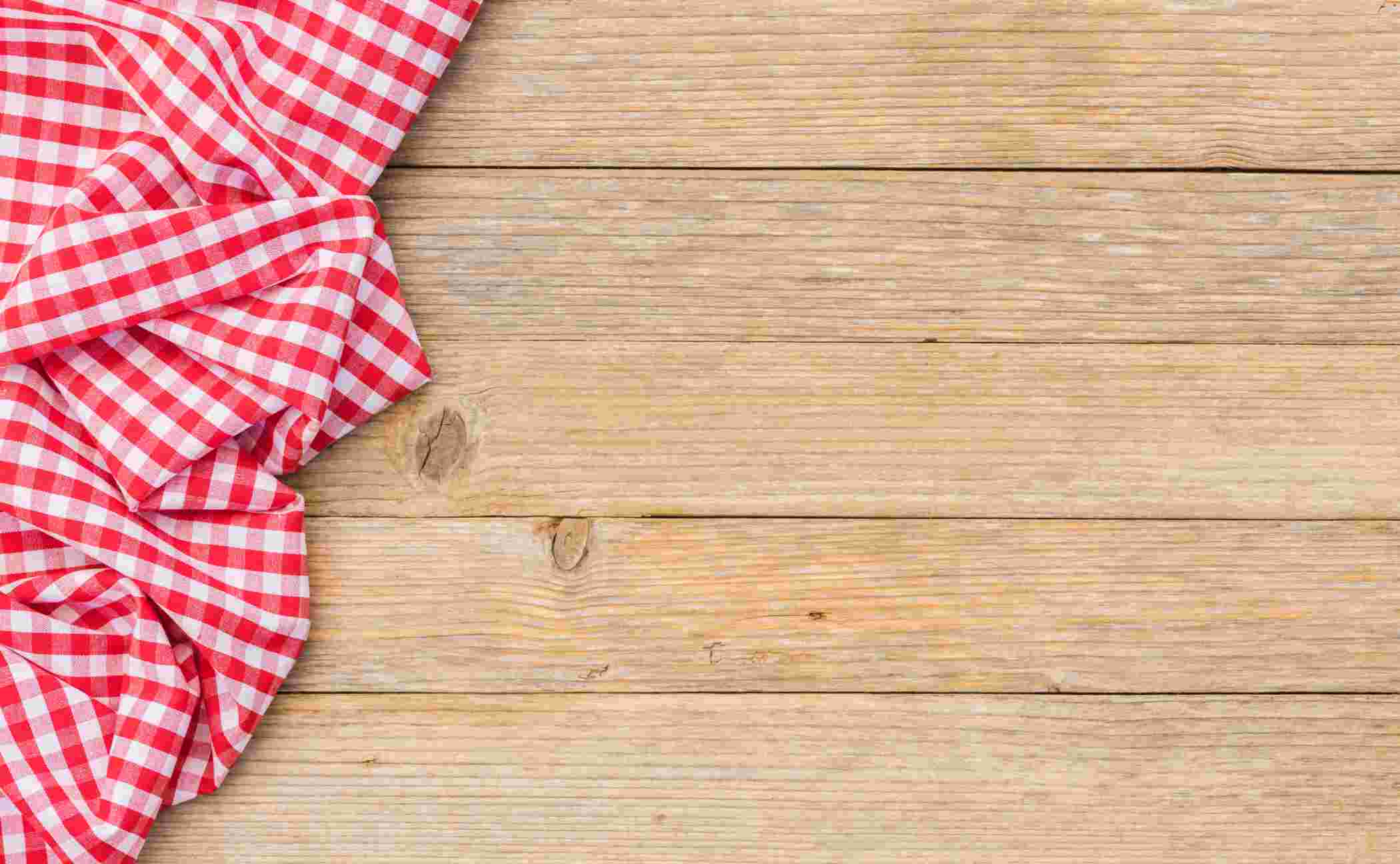Natural fibre welding created this e-leather



As the name suggests, Natural Fibre Welding means completely natural fibre with no chemicals or synthetics present in it.
It is a plant-based, Eco-friendly textile company with a mission to provide solutions across many other industries.
Natural Fibre Welding has made a different and unique process to include many plant matter into a "dough," which can then be changed into different shapes and processed into 100% natural and fully recyclable alternative material to leather and textiles, and foams.
Your favourite dress or handbag could have a lot more in common with your garden or local park in the future due to new fabrics being created using the power of plants. Yes, you read that entirely right.
An Illinois-based start-up uses new methods and natural fibres to make durable and sustainable tools that can be used in everything from handbags to apparel and from footwear to car interiors. Also, this has created a process to strengthen recycled cotton by 'welding' short fibres into longer fibres using natural molecular bonding. This declines damage to the fabric, indicating that cloth has a greater shelf life than other things.
The fashion industries have become dependent on plastic-based synthetic materials to create long-lasting goods, little knowing that this would negatively affect our environment.
Do you know this technology allows natural fibres like flax, silk, cotton, wool, and other renewable resources to deliver the same performance from 100% natural sources? This is quite safe and healthy not only for the person who buys the products but also for the environment as well.
Impacts of Natural Fibres Welding on the fashion industry

Today, researchers all over the globe are worried about the assurance of the environment and biodiversity by improving the maintainability and nature of eco-accommodating items. Due to the bio-sustainable properties and eco-accommodating ways of behaving, individuals return to normal strands to supplant engineered and unsafe materials. A few inconveniences of regular fibre, like biocompatibility and hydrophilic properties, can be overwhelmed by a few surface alterations and strategies for treating synthetics to accomplish adequate purposes. They have been utilised effectively for some reasons, for example, composite materials despite their lower thickness contrasted with glass fibre development and designing fields, material, biomedical, biopolymer, biosensors, and brilliant bundling. The use of regular strands would assist with removing contamination issues, like waste, landfill, poisonous, and ozone-depleting substances outflows.
There has been fast consideration in innovative work in the regular fibre composite field because of its better formability, plentiful, inexhaustible, and eco-accommodating highlights. This paper shows a framework of regular strands and their composites used as a piece in various business and engineering areas.
What is Natural Fibre Welding?
Fibre is a kind of material that is unblemished, long, slim, and easy to adapt to frame a stretched tissue. As indicated by the wellsprings of the materials, strands are ordered into three gatherings, in particular regular, semisynthetic, and engineered sources. Normal fibre is plentiful and more reasonable in examination with engineered fibre explicitly lower thickness and energy necessities, sustainability, no skin bothering. Furthermore, these advantages have prompted the utilisation of regular fibre for human necessities concerning modern natural substances like materials, textiles, paper, accessories, bio-composites, and specialities. Regular filaments stay sought after and seek consistency, life span, shading, and sparkle with fleece, silk, and manufactured strand.
So, by the time you may have an idea regarding Natural fibres. Now, let's understand what Natural fibres mean. As the name implies, they are entirely naturally derived from nature itself.
Natural fibre includes plants, mineral fibres, and animals. Protein and cellulose, respectively, are the principal components of plants and animal fibres. Also, the fibre plant is divided into stems, leaf, seed, xylem, bark, and then, at last, fruit.
Let's know about the types of fibres.
There are mainly two general categories of natural fibres: plant fibre and animal fibres.
- Plant fibres
Plant fibres are spun into threads and yarns, woven or knit into natural fabrics.
Natural fibres are made from natural materials like plants, animals, or minerals. The raw materials are spun into threads and yarn woven or knitted into natural fabrics.
- Animal fibres
Fibres derived from natural sources, like plants, animals, or minerals, are spun into threads, yarns, or fabrics. There are two general categories of natural fibres. Natural fibre is made from plants, animals, or minerals. Raw materials are spun into yarns or threads and then woven or knitted into natural fabrics. There are two general types of natural fibres.
These fibres are made from natural materials derived from plants, animals, and minerals. They are woven or knitted into natural fabrics from raw, natural materials.
Natural fibres are fibres that come from plants, animals, or minerals. They are made from raw, natural materials spun into threads and yarn woven or knit into natural fabrics.
There are mainly 2 general categories of natural fibres: fibres made from plants, animals, or minerals. They are spun into threads and yarns, then woven or knit into fabrics.
Do you know the pros and cons of using natural fibres in the Fashion industry?

So, these were some of the disadvantages of natural fibres in the fashion industry. Now let's know more about some of its demerits or disadvantages.
First of all, Natural fibres are no doubt safe and healthy for the environment, but, on the other side, it is costly. Also, material such as apparel becomes quite shrunken after washing. The fabrics made from natural fibres tend to get wrinkles from baggy knees because natural fibres lack a high degree of resilience. They also do not recover from creases and manmade fibres. Consequently, the quantity of specific qualities varies from year to year, which results in price fluctuation according to changes in demand that cannot be predicted before the fibres are produced.
As natural fibres require land for production, the land required for growing agriproducts is also very much limited on the surface of the earth because of the need for food and housing on the one hand and the need for land for growing natural fibres on the other.
Some of them even use materials such as coconut, waste cork, and vegetable oil; NFW will manufacture a product that feels and appears like conventional leather but has no plastic glues, resins, or coatings that are else used by different plant-based leather alternates making it 100% free of petroleum-based plastics.
For example, things like cork powder, or a by-product of corks for wine, can be bonded with coconut fibre, and as a result, robust leather with some light texture can be manufactured.
Natural Fibre welding is comprehensive because it uses a proprietary combination of sustainable chemistry and physical science to improve natural fibres to perform in new and many different ways, exceeding synthetic options while retaining their natural properties.
It is found time and time that the consumers want to make the right choice for the planet, but a lack of available options often obstructs them. It is clear that the material industry needs an overhaul like so many of our current systems. Humanity deserves not just to survive but also to thrive.
To achieve this, we need to move away from solutions that are not sustainable for our environment and towards a future that is fully compatible with the needs of the Earth. Fortunately, at NFW, we're in the business of making dramatic changes along with our incredible roster of partners.
Current Status of this technology
Today, Natural Fibre Welding technology has made this possible to change the way we prioritise our fashion desires, from fast to sustainable.
Natural Fibre Welding (NSFW) makes the materials for soft goods like clothes, shoes, bags, and even car seats from natural feedstocks that could otherwise be considered waste. It does this by meeting nature halfway.
To know more about fashion related things, visit Fashinza



















